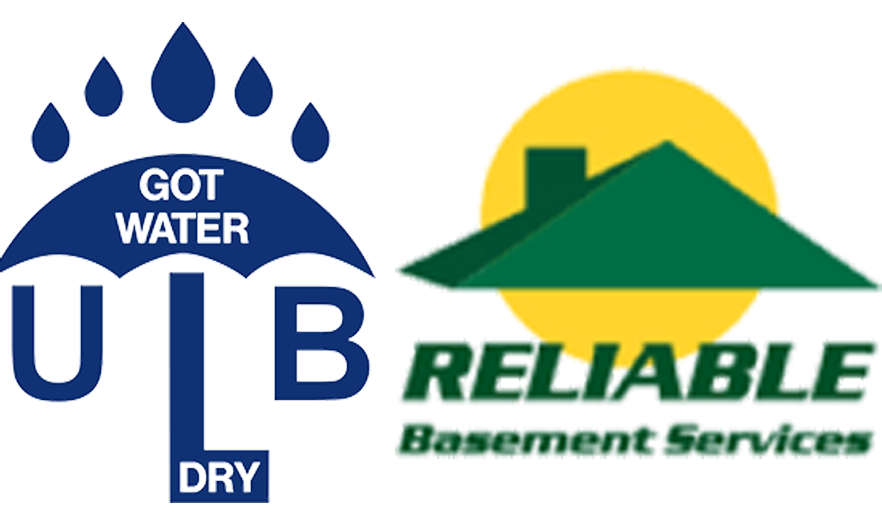
It’s the hectic holiday season, and suddenly there’s water in your basement. Why did this happen? A flooded basement is costly and inconvenient, and certainly not what you want to be dealing with during the holidays. Unfortunately, basement leaks are pretty common in the winter, for a number of reasons.
- If there’s snow, your warm basement will melt it. Even if your basement is unfinished, it’s much warmer than the frozen earth outside, and basements typically radiate heat as far as eight inches outside their walls. When this heat enters the frozen soil, it melts the snow, creating moisture that builds up between the basement walls and floor and the frozen ground around it. That moisture really has nowhere to go but inside your basement.
- Hydrostatic pressure can force moisture into the basement. This gravitational pressure forces moisture downward, and if it doesn’t have an alternate route, it ends up in your basement.
- When your gutters and downspouts drain too close to your house, the water goes into the basement. When these elements are installed incorrectly, or they’re not properly maintained, they dump water close to the foundation. The hydrostatic pressure kicks in again, forcing the moisture into the basement.
- If your yard isn’t right, moisture will end up in the basement. The wrong type of soil or grade of the slope will lead to the inevitable moisture building up around the foundation, and as you know, when moisture builds up around the foundation, it goes into the basement. While certain types of soil, like clay soil, can absorb moisture and prevent leaks, less absorbent types of soil trap the dampness around the foundation. Likewise, soil that doesn’t slope six inches in the opposite direction of the home can guide water right back to your foundation.
- Cracks in the basement’s walls and floor are an open invitation for water. It’s common to have these cracks because your house settles over time and creates pressure on the walls and floor. Fixing them as soon as possible will help ensure a dry basement.
- Leaky window wells will let the water into the house. Make sure yours are properly sealed and free from cracks.
- A sump pump that doesn’t work properly is not going to help the situation. Sump pumps are great for collecting water and pulling it out of the basement. Make sure yours is installed properly and working the way it should.
If your basement is leaking, ULB-DRY Waterproofing can help. A family-owned and operated company, we’ve served the greater Chicagoland area for more than ten years, offering a full spectrum of basement services, charging reasonable rates for work that includes cracking repairs, sump pump systems, basement waterproofing, basement windows, and floor repair. Our consistently high standards have made us an award-winning Chicago basement waterproofing contractor and earned us thousands of satisfied customers all over Chicago. For more information, call (708) 978-7558 or visit our website for a free quote.





